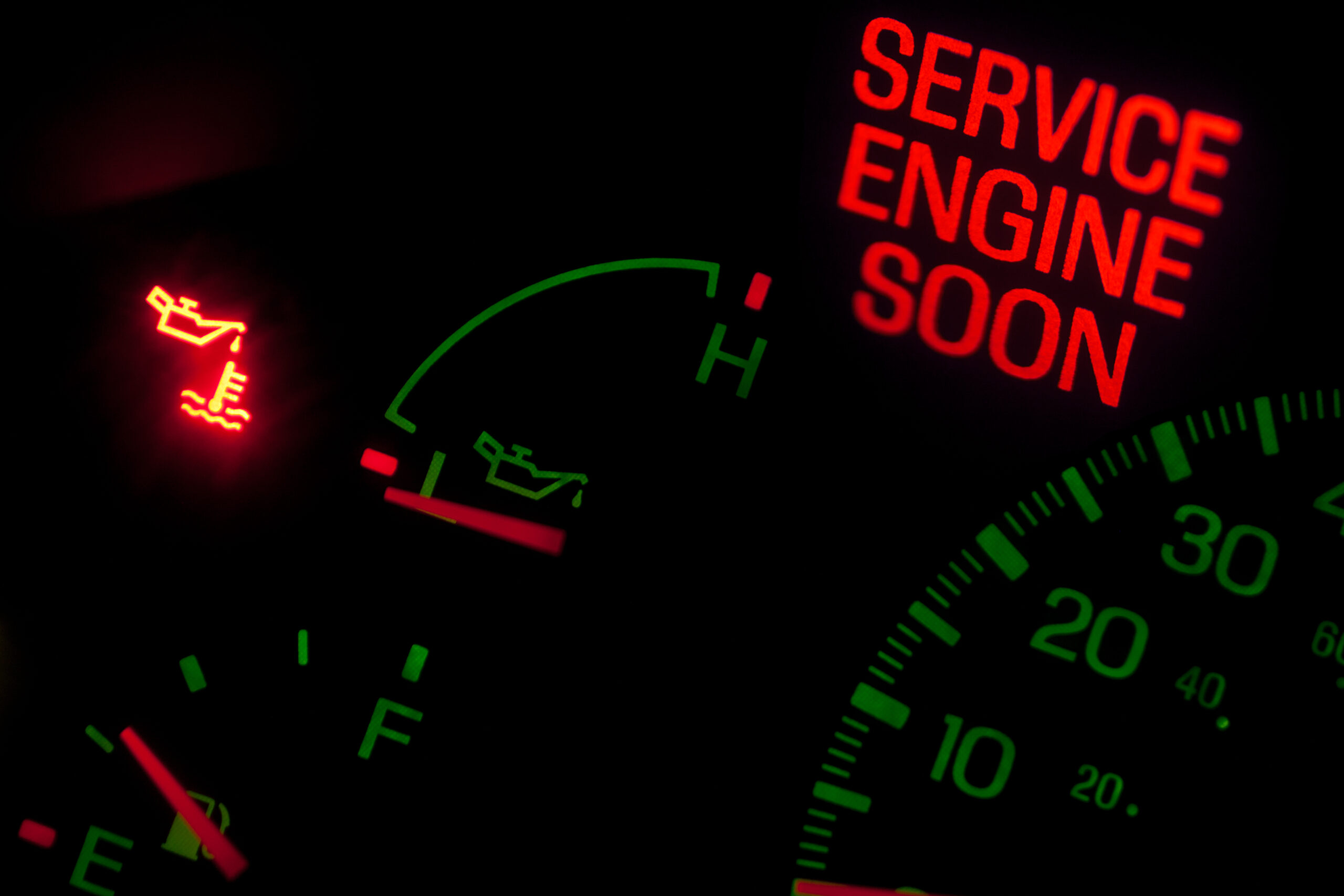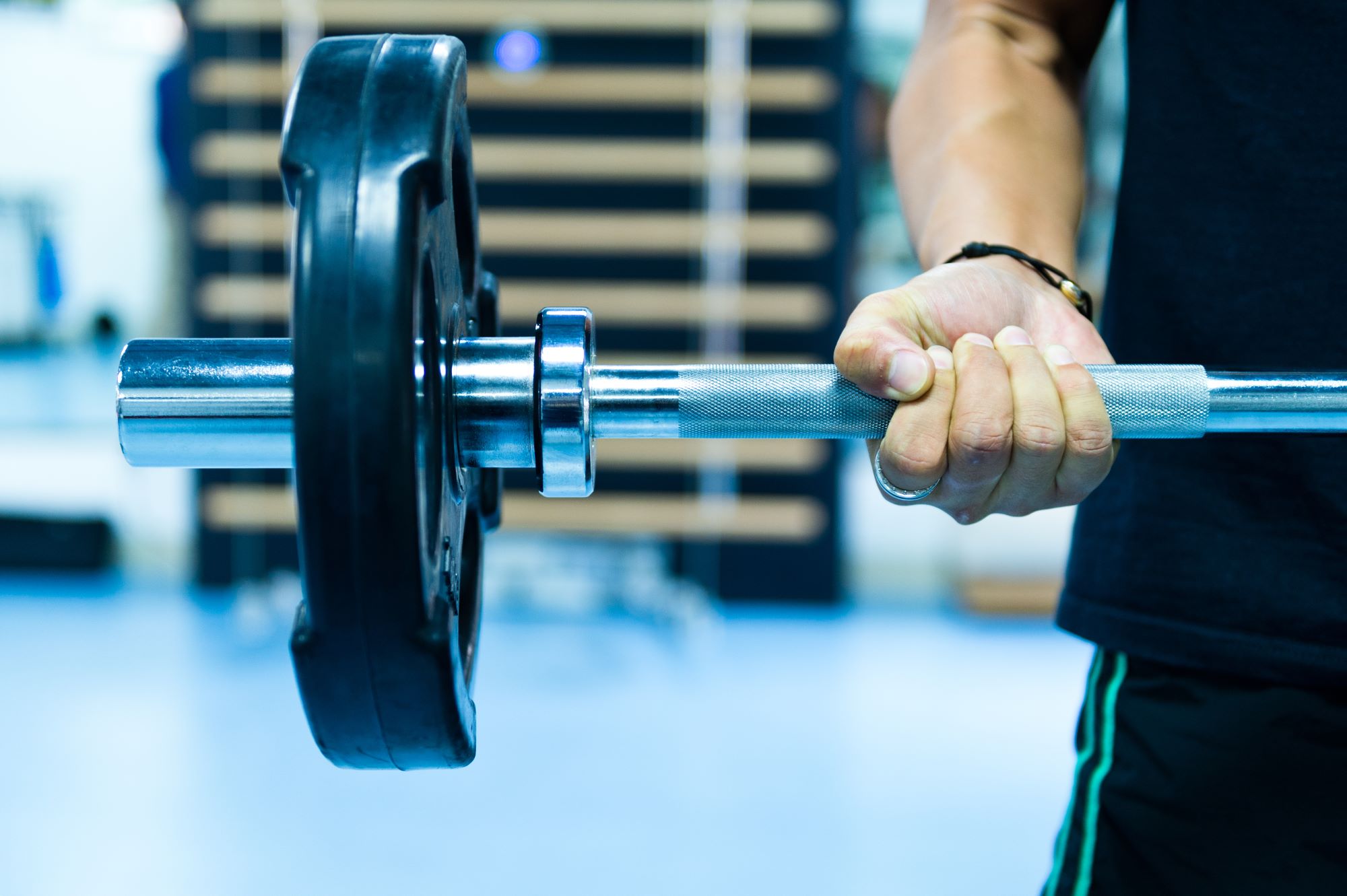
Everybody wants to be a high performer. Everybody wants to be the best of the best and to have the success that comes with it. So, what’s keeping most people from attaining that level of success? What makes Tom Brady and Simone Biles the best of the best? What common threads do they share? The answer: high-performance habits.
Top performers develop and practice habits that set them apart from everybody else. Here are five habits of high performers that you can adopt.
1. Build mental muscle
Building high-performance habits starts with your mindset. To me, this is the most important requirement to be the GOAT (greatest of all time) in any field. This requires that you understand that hard work is the path toward being the best — and then work hard consistently.
Once you make hard work a habit, doing the tough things other people don’t want to do, you build mental muscle. If you want to be a high performer and achieve things that most people do not, you need to be the exception, to be exceptional. So if you say you want to be the best at something, you have to be willing to work harder than anyone else. To me, it’s infuriating when someone says they want to be great, yet they don’t want to work hard.
Now, working harder than everyone else doesn’t necessarily mean you have to work more hours. Often, it requires that you work smarter. This might mean you learn and grow every day, focusing on what you learned and how you grew and then documenting your improvement. When you do this, you are building another positive habit — the habit of learning — which further strengthens your mental muscle.
At times, especially in the beginning, it’s going to feel uncomfortable. It’s going to hurt. You’re going to have calluses on your hands and on your brain. You’re going to be worn out. There will be days when you feel like quitting. But if you remember why you are pursuing your goal — to rise to the top of the game — then you will continue working. You will build the muscle memory that’s required to go back and do it all over again and to level up consistently. It’s all a matter of creating habits of daily impact.
- What is a goal you want to pursue? Why do you want to achieve that goal? What will it take to achieve the goal? Write all this down, and break the required hard work into daily tasks. Pursue them doggedly. Work harder than anyone else you know to achieve your goal.
- Think of a time when you had a goal, but you quit when you encountered an obstacle. What could you have achieved if you had pushed past that roadblock and kept going?
2. Take responsibility
The second habit required to become a top performer is to accept responsibility for your own actions.
Blaming someone else or something else is a common reaction when we’re not where we want to be. This is not a productive habit, and it has to stop. When you end the blame game, it will take you to a new level. Making excuses will prevent you from rising to a high-performance level. Blaming your parents, your situation, your environment or anything else will keep you from developing the proper mindset for success. Making excuses is a sign of weakness and has no place in the life of a high performer.
We all can find excuses for why we haven’t risen to our full potential. My parents did not give me the life I needed to get to where I am. I grew up poor, while other people grew up rich. Other people have a better education than me. They graduated from better colleges than the one I attended. Their dads gave them money. They drive better cars. Their computers are newer. I can think of a hundred reasons why someone else might be more successful than I am. But I don’t focus on those things. Instead, I set my goals and then pursue them daily.
This is a simple concept, but it is crucial. Excuses are a sign of weakness, while action is a sign of strength.
- Have you ever blamed something or someone else when things did not go as you expected? Watch for this tendency, and stop it in its tracks if it surfaces.
- Take the energy that goes into finding someone or something else to blame, and put it toward working hard and accepting responsibility for your outcome.
3. Work toward meaningful goals
Working toward an empty goal is the worst thing anybody can do. Working toward an empty goal is like getting in an airplane without knowing the destination and just seeing where you end up. Maybe you’ll get lucky and end up in a place you like, but it could go the other way, too. You could end up in a place you don’t like at all. You arrive there and ask yourself, “What am I doing here? This is a waste of time, effort and money.”
High performers establish effective, efficient, concrete goals that will take them where they want to go. They stay focused on those goals, and they measure their progress. Once you have decided what your goal is, what do you need to do to get there? What does that look like? What does it feel like? Who is in your life, helping you get there? What are the daily habits you’re following to get better? What is the hard work you’re putting in every day? Once you know these details, your plan toward becoming a high performer will become clearer. And that will keep you from “moving the goalposts.”
Back to the airplane example, maybe you want to go to San Diego. So you buy a ticket for San Diego. Maybe you want to walk on the beach, taste the salt in the air and feel the ocean breeze on your face. And if you want to rise to the top in your business, define that goal, and determine why that is your goal. Visualize what it will feel like when you reach that goal. Again, the mindset part of the equation is just as important as the tactical part.
- Once you have defined your goal, find a coach or a mentor who will guide you and help you recognize your strengths and weaknesses and stay on track. All the GOATs have coaches, whether in sports or business.
- Keep a daily log of the way you spend your time for at least a week. Identify activities you’re spending time on that are not moving you toward your goal. Replace them with more productive activities that will help you become a high performer.
4. Celebrate even the small wins
When you’re working harder than everyone else, your motivation and your goal will fuel your journey. But we’re all human, and sometimes we get tired. Burned out. Distracted. We might question whether it’s all worth it. This is why it’s important to celebrate your wins along the way — even the small ones.
This is important for yourself as an individual and also for your family and for your team. Celebrate your own personal wins, and also lead the celebration when those around you experience victories.
- To what extent do you celebrate your wins in life? Most of us are quick to beat ourselves up when we don’t do something well, but we all could use more celebrations. What is a recent victory that warrants a celebration?
- Think about your family, friends and colleagues. Has someone experienced a victory recently, even a small one, that needs to be celebrated? Lead the way. Let the person — and others, if appropriate — know that you noticed their win. The celebration doesn’t have to be a big deal. A simple acknowledgment will make their day.
5. Have fun along the way
In addition to celebrating your wins, it’s also important to have fun during your journey. Getting to the top of your game should be exciting, not drudgery. No one can work hard all the time. And even if we could work hard every moment of every day, I think that would make us pretty boring to the people around us.
Building fun into your life is a key ingredient in the recipe of high performance. You have to build fun into your day, your week, your month, your quarter and your year. You have to prioritize the things you love.
Recently, I was getting ready to travel for business, to attend a company conference. The couple of weeks before the trip were extremely busy as I prepared to be out of the office for an extended period. And then at the conference site, I had a packed schedule. I was getting up earlier than usual, spending long days in meetings and having dinner with colleagues. These were all great and necessary activities, but during these times, I felt like I didn’t have much control over my time. And then, you know how it is — after you get back from a conference, you have a lot of catching up to do back at the office.
After that conference, I bought tickets to a Jack Johnson concert. I really love his music. I love the calming way he plays the guitar. It makes me think of the ocean, which is something I love. Jack Johnson actually was a surfer before he made it big as a singer and songwriter. I feel a bond with his music. My schedule, as usual, was packed, but I made the concert a priority.
During the pandemic, we were all deprived of concerts and other events. And that took a toll on all of us. For about two years, I didn’t hear any live music. I’ve been going to concerts since I was 16 years old. I have attended live performances of every band and every musician I’ve ever wanted to see. It’s a big part of my life. And all of a sudden, during COVID, I couldn’t go. I remember what that felt like, and I didn’t want to feel that again. So I made a conscious effort to find every act I wanted to see and buy the tickets. It didn’t matter where the concerts were; I found a way to fit them into my schedule.
I want to enjoy the ride. I love my work, and I love performing at a high level, but I know that it is really important to build in some fun along the way.
Recently, I traveled to Boston, and I had three hours free. I had not eaten lunch. I had three hours to feel normal, to feel human. One of my partners and I went and had a late lunch/early dinner. I had a glass of rosé. We sat there and talked about stuff that had nothing to do with work.
When we make it a point to do things like this — to build fun into our lives — it’s part of the payoff for the hard work. It makes the effort feel even more valuable, and makes the ride more enjoyable. If you want to be a high performer, you’ve got to remember to enjoy the ride. Love the people you’re around, and build in moments of fun along makes the way. Build in dinners with people you like. If you’re going to be in a new city, find friends and family members you haven’t seen in a while, and visit them.
I do these types of things every single month. No matter where I am, I make time for fun. I love my life. And I love working hard. I get overwhelmed like everybody else does. When that happens, I just need to do something I enjoy.
- When was the last time you did something fun? If it has been a while, schedule something. It will give you something to look forward to, and it will improve the balance in your life between work and enjoyment.
- If you have any trips coming up, either for personal or business reasons, are there people you can visit while you’re in the destination city? Or, if you’re taking a road trip, who can you visit along the way, even if you have to go out of your way a little? Making time for activities like this improves relationships and makes life more enjoyable.



